The poster for this 1969 film reads, “The world’s richest man and the world’s poorest boy are getting it ready… and everybody everywhere will be a little worse off for it.” That certainly was the reaction of much of the critical populace at the time of the original release of The Magic Christian. The film was pretty much trashed for being “messy,” “incomprehensible” and “tasteless”—criticisms that overlooked the fact that all this was deliberate. The entire concept was to create a broad, sloppy canvas of social satire and outrage in a revolutionary manner that stood the establishment on its head.
It was also — which is not unreasonable for the era — a work of notable self-indulgence. For Sellers and the filmmakers it was a kind of anything goes party. The operational idea seems ro have been — call up your famous friends and see if they want to be in a movie. In Sellers’ case this extended to the not-quite-so-famous, since he called in his old pal Spike Milligan (more famous in Britain than here) from radio’s The Goon Show to play a traffic warden who accepts ₤500 to eat a parking ticket. For that matter, the not-yet-famous John Cleese and Graham Chapman showed up and contributed some to the screenplay. (I am almost certain that Neil Innes — of Bonzo Dog Band fame — appears as the bogus bishop exiting the train, but this is unconfirmed.)
It was in many ways the ultimate 1960s gesture movie—the full flowering of the cheeky satire of the Beatles movies into something harsher, more in keeping with the mood of the era. Think of it in relation to the earlier British Invasion movies, as you’d consider The Beatles (“The White Album”) to With the Beatles. At the same time, it’s not an angry film in the strict sense, choosing to take a generally playful attack—peppered with a handful of genuine slap-in-the-face moments that are all the more powerful for the more genial satire that surrounds them. (For example, there are few things more shocking than the famous news footage of the street execution in Vietnam being found less upsetting than an incident at a dog show.)
The setup—though never stated directly—is simply that Sir Guy Grand (Peter Sellers) adopts a young man named Youngman (Ringo Starr), and the pair of them use Sir Guy’s bottomless wealth to prove that everyone can be bought. However, most of these “lessons” work on more than one level. It’s not just that Sir Guy can bribe a hunting party of rich snobs to be made into a mockery of their traditions; it’s the effect this affront to tradition has on the snobs. It’s almost irrelevant that they can buy championship boxers to go into a romantic clinch rather than punch each other; the real point is the outrage of the spectators (“The crowd appear to be sickened by the sight of no blood”). The affronts all tend to be in this realm, especially the penultimate one—and the most elaborate—which involves the maiden voyage of the ultra-exclusive luxury ship, the Magic Christian, whose passengers seem to include Jackie and Aristotle Onassis, John and Yoko, and definitely include Roman Polanski, Yul Brynner, Raquel Welch and Christopher Lee.
Is it all of its era? Yes, most definitely. But it’s also as relevant and funny and pointed as it ever was—something I tested the film on some folks in their 20s awhile to find out. It was not only revelatory in itself, but also somewhat depressing when put up against what’s being palmed off as “edgy” comedy these days. And in the bargain, you get three great songs by Badfinger (one written by Paul McCartney) and Thunderclap Newman’s “Something in the Air.” It doesn’t get much better than that.
Also of its era is the fact that the film was released by a brief-lived upstart company called Commonwealth United Entertainment. This not only limited its exposure, but when the company collapsed a couple years later, it was anybody’s guess who — if anyone — actually owned it. For a time, it was being openly sold on 16mm as a public domain title. It has finally become availaible in a pretty good widescreen copy, but it could stand some restoration — unlikely to happen at this point.
The Asheville Film Society will screen The Magic Christian Tuesday, Nov. 11, at 8 p.m. in Theater Six at The Carolina Asheville and will be hosted by Xpress movie critics Ken Hanke and Justin Souther.



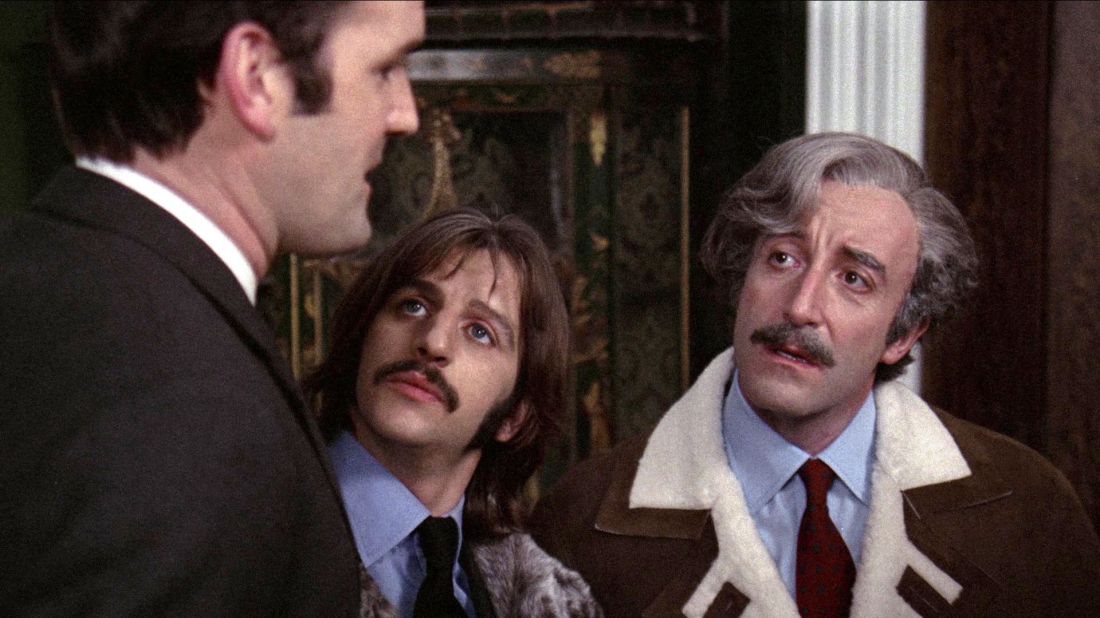
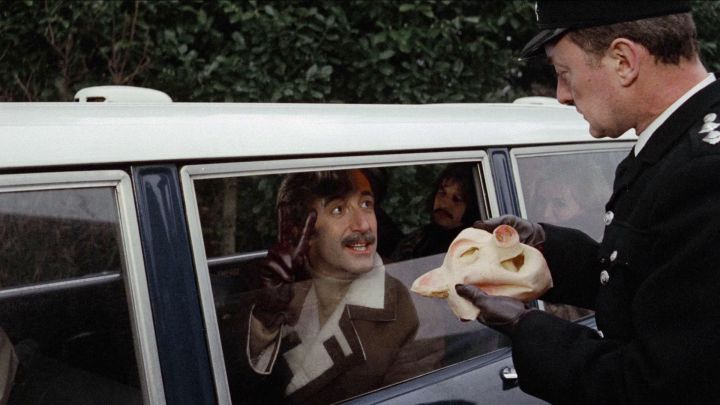
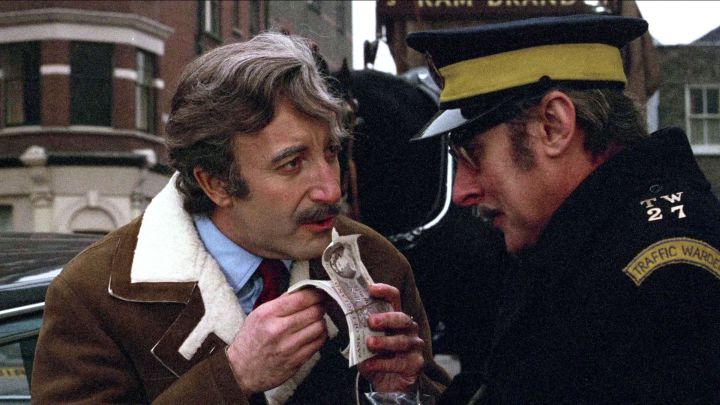
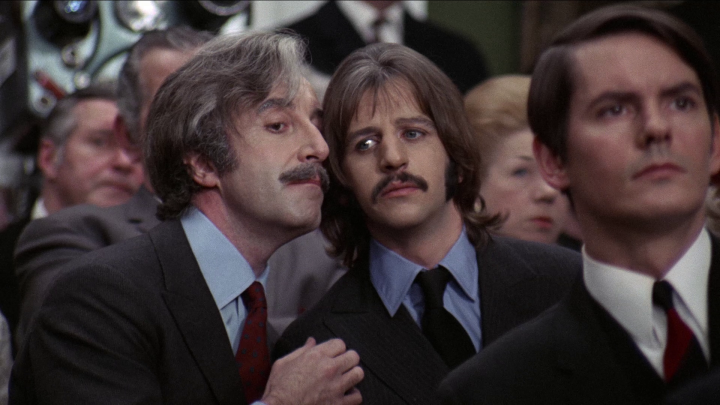
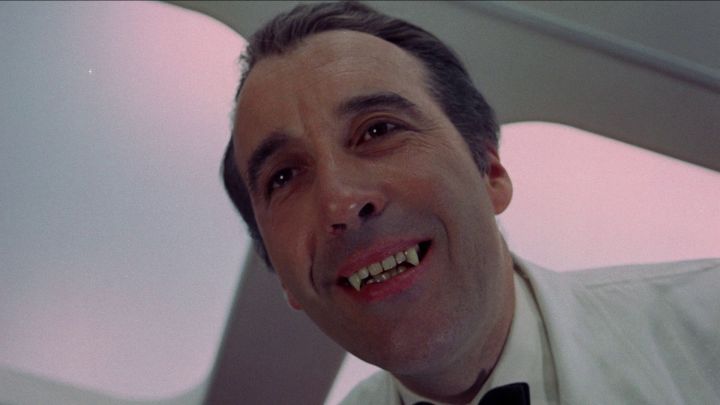
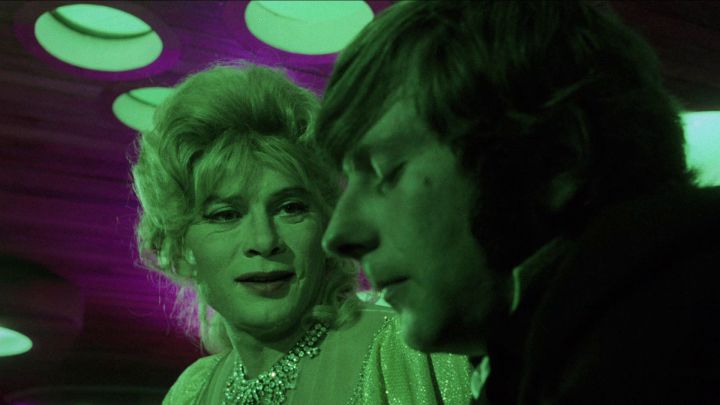
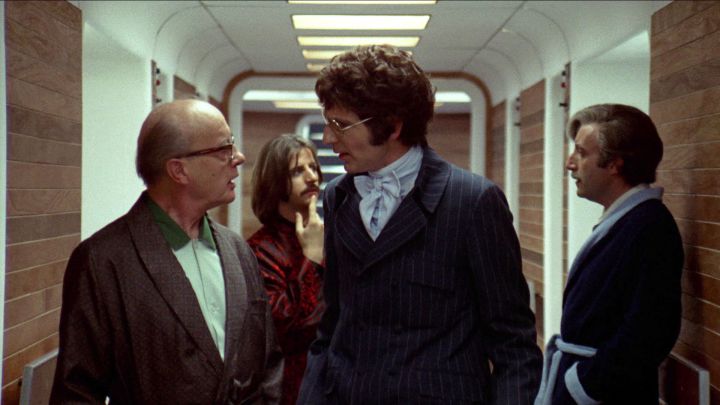
Before you comment
The comments section is here to provide a platform for civil dialogue on the issues we face together as a local community. Xpress is committed to offering this platform for all voices, but when the tone of the discussion gets nasty or strays off topic, we believe many people choose not to participate. Xpress editors are determined to moderate comments to ensure a constructive interchange is maintained. All comments judged not to be in keeping with the spirit of civil discourse will be removed and repeat violators will be banned. See here for our terms of service. Thank you for being part of this effort to promote respectful discussion.